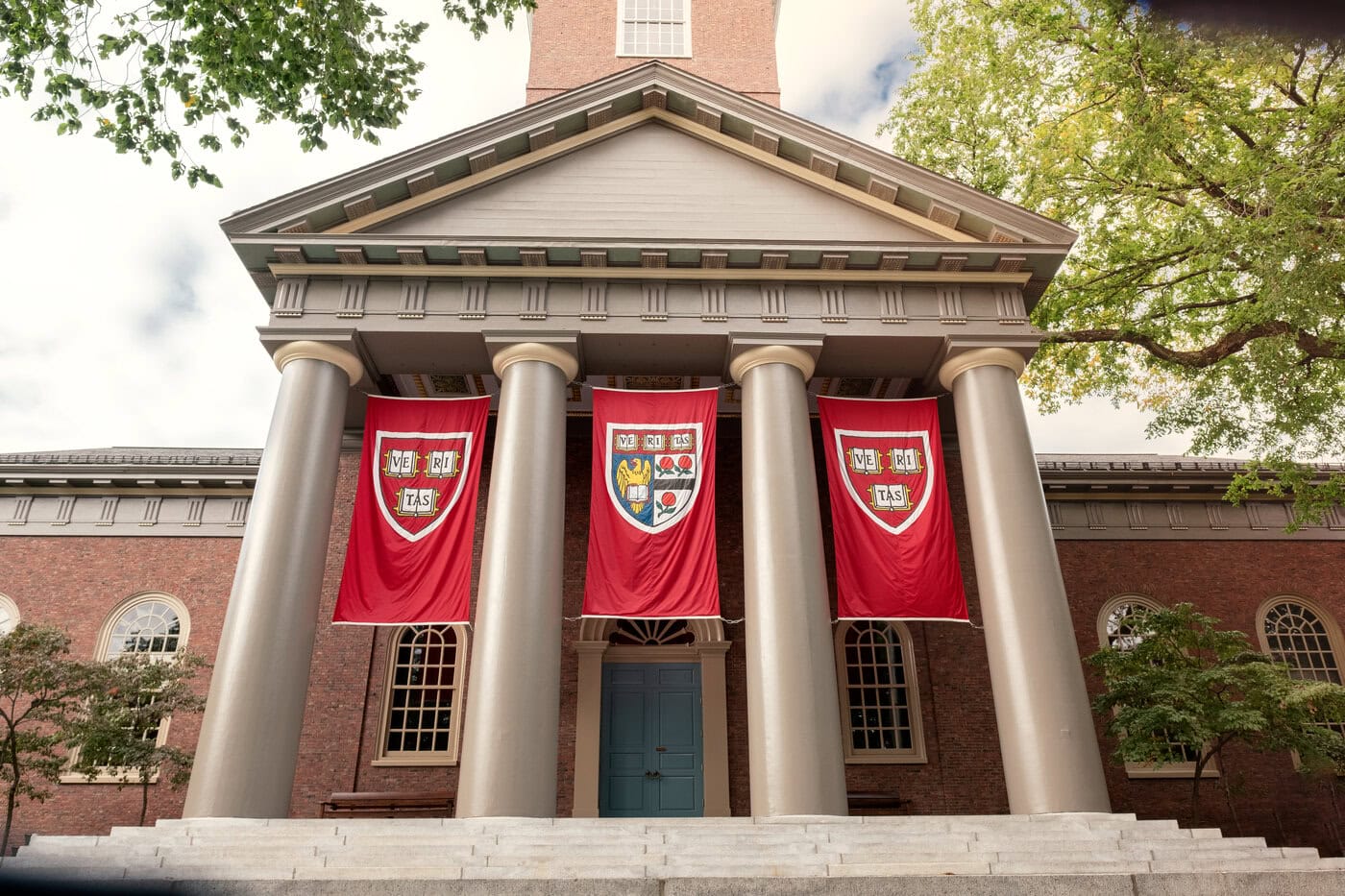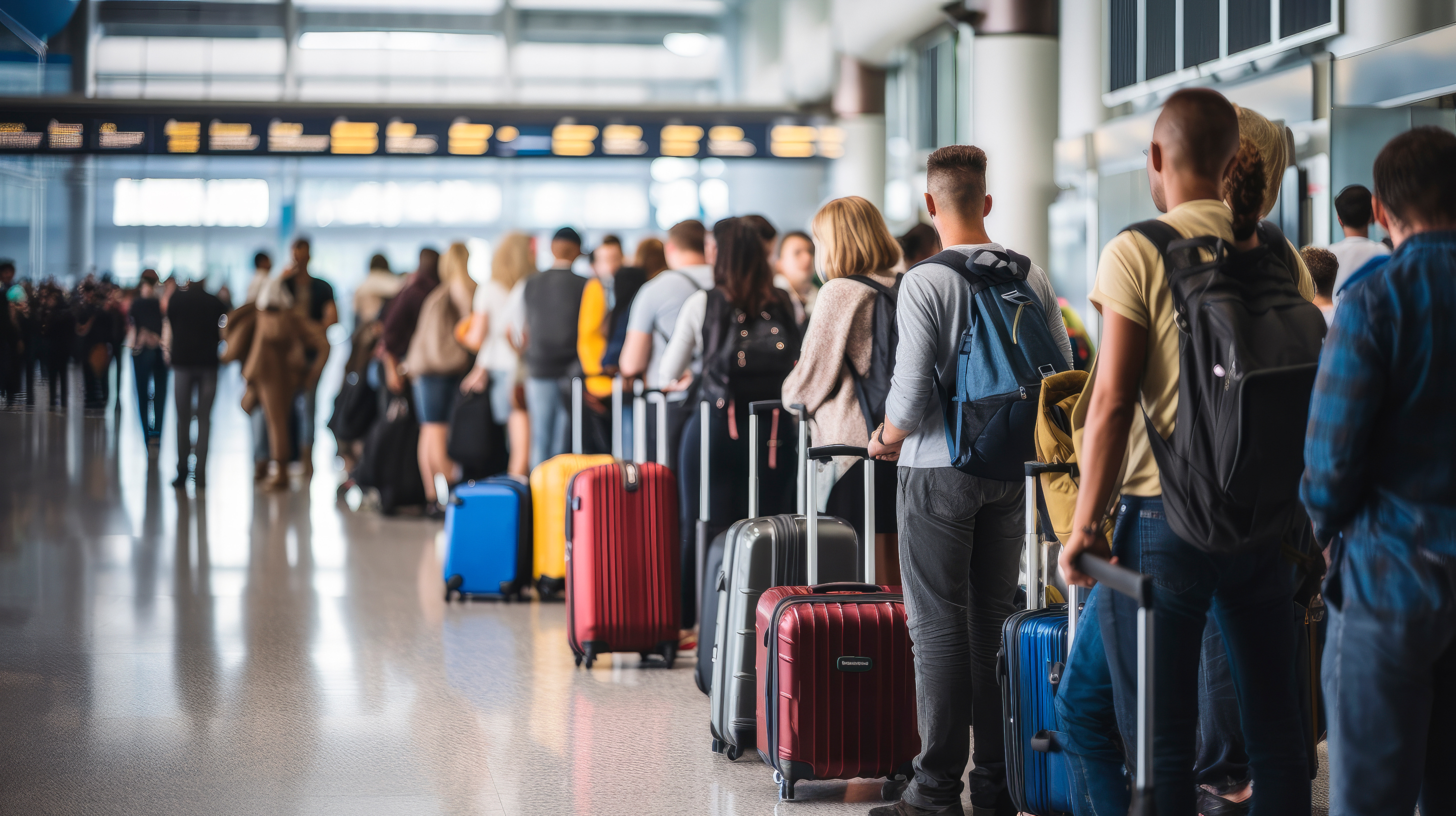
.svg)
{{tip-component-1}}
In a sweeping move that could affect thousands of international students, the Trump administration has revoked Harvard University’s certification to enroll foreign students, according to a report from the New York Times. The decision, announced Thursday by Department of Homeland Security (DHS) Secretary Kristi Noem, bars Harvard from accepting new international students and requires currently enrolled foreign students to transfer or risk losing their legal immigration status.
Key Takeaways:
- Harvard can no longer enroll new international students under the Student and Exchange Visitor Program (SEVP).
- Current international students must transfer or risk losing legal immigration status.
- The move may trigger a wider legal and political battle over academic independence and federal immigration authority.
- Other schools could face increased scrutiny as the administration expands enforcement actions against higher education institutions.
{{newsletter-component}}
The Dispute Driving the Crackdown on Harvard
The unprecedented action stems from an ongoing dispute between Harvard and DHS, which recently launched an expansive records request as part of a federal investigation into the university. The DHS letter, shared publicly by Noem, marks a sharp escalation in the administration’s effort to exert influence over and cut funding from elite academic institutions.
International student tuition is a significant source of income for Harvard. The university, which is expected to file a second legal challenge, previously sued the administration over attempts to intervene in its academic and hiring practices.
What This Means for International Students and Immigrants
This decision directly impacts an estimated 6,800 international students at Harvard — nearly 27% of the university’s student population — and could disrupt their education, visa status, and long-term plans in the United States. It also affects Optional Practical Training (OPT) and STEM OPT visa holders at Harvard. According to the Niskanen Center, as of 2024, Harvard was the sponsoring school for 1,856 OPT participants and 576 STEM OPT participants who had end dates in or after May 2025.
It also reflects a broader trend under the current administration, which has taken a more aggressive stance on legal immigration pathways, including student and employment-based visas. The Harvard case signals growing volatility for international students across the country, especially at institutions that challenge or resist increased federal oversight.
If you’re currently studying in the U.S. or planning to do so, this news may understandably feel unsettling. While the policy specifically targets Harvard, it highlights how quickly immigration policies can be politicized and changed.
If you’re unsure how this may affect your plans or status, consider speaking with a qualified immigration expert for personalized guidance.
{{cta-component-horizontal-aligned}}
What This Means for Employers
This policy shift could have ripple effects across the U.S. labor market, especially for employers who rely on international graduates to fill key roles in high-demand fields like science, technology, engineering, and math (STEM).
If similar restrictions are imposed on other universities, the U.S. could face a significant disruption in the pipeline of global talent. Institutions like Harvard play a crucial role in training highly skilled professionals who often go on to power innovation at top companies nationwide.
In addition, employers who recruit international graduates through programs like OPT or the H-1B visa may soon face a tighter, less predictable labor pool. And as the U.S. becomes a less appealing destination for international students, companies could lose access to the diverse, globally trained talent they need to stay competitive.
To stay ahead of potential changes, employers should:
- Closely monitor immigration policy developments, especially those targeting universities or visa programs.
- Consult with your legal counsel to receive guidance on how current or future policy changes may impact your workforce, hiring practices, and broader business operations.
- Review and strengthen internal policies to ensure preparedness for shifts in hiring timelines.
- Explore diversified talent pipelines, including partnerships with institutions abroad or remote international hiring.
Being proactive now can help mitigate future workforce disruptions and ensure continued access to the skilled talent that drives your business’ success.
Implications for the U.S. Economy
The potential economic consequences of this decision extend well beyond academia. According to recent data from NAFSA, the 1.1 million international students in the U.S. during the 2023–2024 academic year contributed a record-breaking $43.8 billion to the economy and supported more than 378,000 American jobs — the highest totals ever recorded. These contributions come from tuition, housing, food, transportation, and other living expenses, which collectively bolster local economies across the country.
By blocking international enrollment at institutions like Harvard, the U.S. sends a troubling message: that it may no longer be a stable or welcoming place for international students. This not only threatens the U.S. economy, but also undermines the country’s position as a global leader in higher education, research, and workforce development.
As policies grow more restrictive, other countries may attract the very students and future workers the U.S. is turning away.
What’s Next?
Boundless will continue monitoring this story and providing updates on how it may affect individuals, businesses, and industries across the U.S.
{{cta-component-center-aligned}}
May 24, 2025: A federal judge has temporarily blocked the Trump administration’s attempt to stop Harvard from enrolling international students. The university sued on First Amendment grounds, calling the move unconstitutional retaliation for resisting political pressure from the White House. Harvard said the decision would have had a devastating impact on over 7,000 visa holders — nearly a quarter of its student body. The court’s ruling pauses the ban while the lawsuit moves forward.
.png)
.png)
.png)









.svg)
.avif)